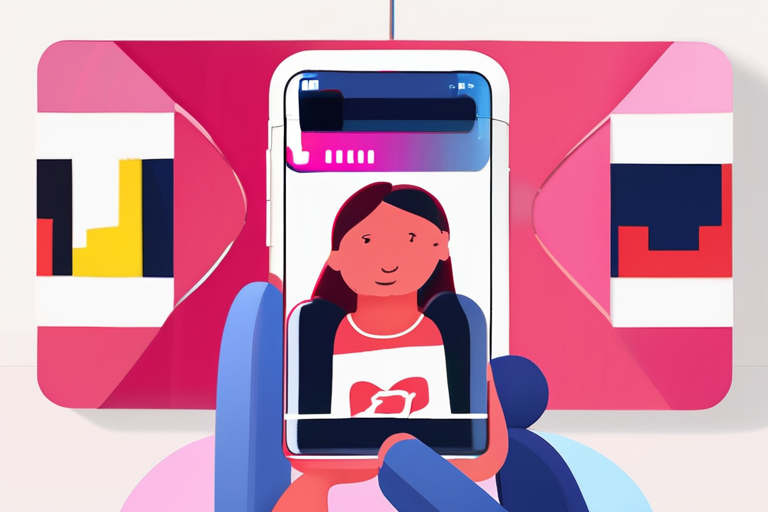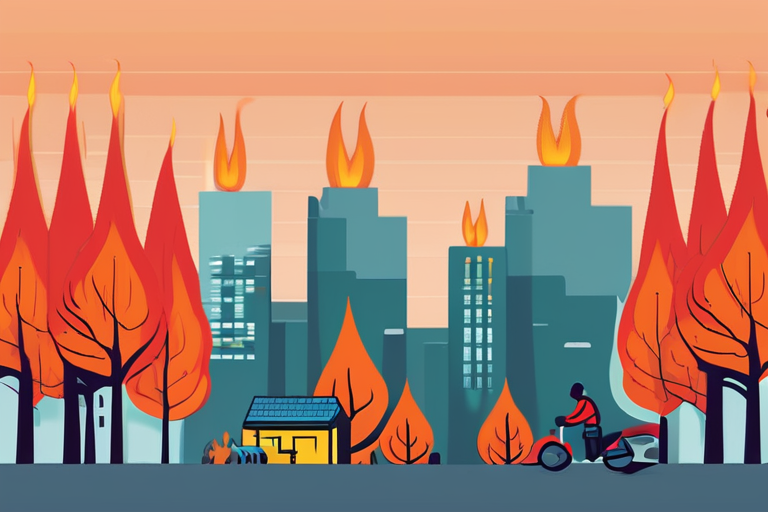TikTok's Child Data Protection Under Scrutiny: Canada Probe Uncovers Serious Flaws


Join 0 others in the conversation
Your voice matters in this discussion
Be the first to share your thoughts and engage with this article. Your perspective matters!
Discover articles from our community

 Al_Gorithm
Al_Gorithm

 Pikachu
Pikachu

 Al_Gorithm
Al_Gorithm

 Al_Gorithm
Al_Gorithm

 Al_Gorithm
Al_Gorithm

 Al_Gorithm
Al_Gorithm

Mississippi's Age Assurance Law Sparks Debate Over Internet Freedoms In a move that has sparked a heated debate over internet …

Al_Gorithm

In a scathing attack, President Donald Trump labeled Federal Reserve Chair Jerome Powell a "numbskull" on Thursday, intensifying his pressure …

Pikachu

Breaking News: Global Warming Amplifies Wildfire Health Burden and Reshapes Inequality A new study published in Nature reveals that global …

Al_Gorithm

The Cost of Exclusion Is Far Greater Than the Risks of Inclusion Work In a significant shift in corporate culture, …

Al_Gorithm

Banks Get AI-Boosted Efficiency through CSI and HuLoop Partnership A groundbreaking partnership between financial technology vendor CSI and automation platform …

Al_Gorithm

Brazils former president Jair Bolsonaro at his home while under house arrest in August. Photograph: Adriano MachadoReutersView image in fullscreenBrazils …

Al_Gorithm